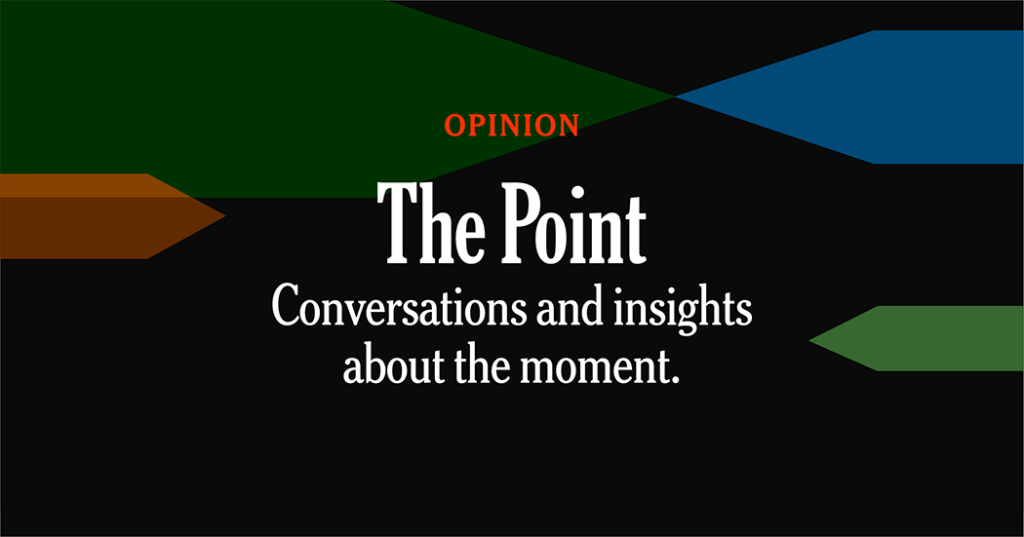When individuals break the law, they are subject to consequences that correlate with their actions. This concept of “you break the law, you pay the price” seems simple enough, yet it may be difficult for some to understand or accept. The reason for this difficulty lies in the complexity of human behavior and the differing perspectives on justice and punishment.
One reason why it can be challenging for some individuals to grasp the “you break the law, you pay the price” concept is due to varying beliefs on the effectiveness of punishment as a deterrent. Some argue that harsh punishments are necessary to deter future criminal activity, while others believe in more lenient approaches that focus on rehabilitation and addressing the root causes of criminal behavior. This difference in ideology can lead to a discrepancy in understanding why individuals should face consequences for breaking the law.
Another factor that complicates the idea of facing consequences for breaking the law is the subjective nature of morality and ethics. What one person views as a just punishment for a crime may be seen as too harsh or too lenient by another. This moral ambiguity can lead to differing opinions on the appropriate consequences for criminal behavior, making it challenging to reach a consensus on the concept of “you break the law, you pay the price”.
Additionally, societal factors such as systemic inequalities and injustices can further complicate the issue of facing consequences for breaking the law. Individuals from marginalized communities may face disproportionate consequences for their actions due to systemic discrimination and lack of resources, leading to a sense of unfairness in the justice system. This disparity in treatment can contribute to a lack of trust in the idea that individuals will face equal consequences for breaking the law.
Furthermore, emotions and personal biases can cloud individuals’ understanding of the concept of facing consequences for breaking the law. People may have strong emotional reactions to certain crimes or individuals, leading to a desire for harsh punishment without considering the full context of the situation. This emotional response can hinder a rational and objective evaluation of the appropriate consequences for criminal behavior, further complicating the issue of accountability.
In conclusion, the concept of “you break the law, you pay the price” may seem straightforward, but it is actually a nuanced and complex issue that is influenced by various factors such as differing ideologies on punishment, subjective moral viewpoints, societal inequalities, and emotional biases. Understanding and accepting the consequences of breaking the law requires a thoughtful and nuanced approach that takes into account the complexities of human behavior and the justice system. Only through open dialogue and a willingness to consider multiple perspectives can we truly grapple with the challenges of ensuring accountability for criminal behavior.


